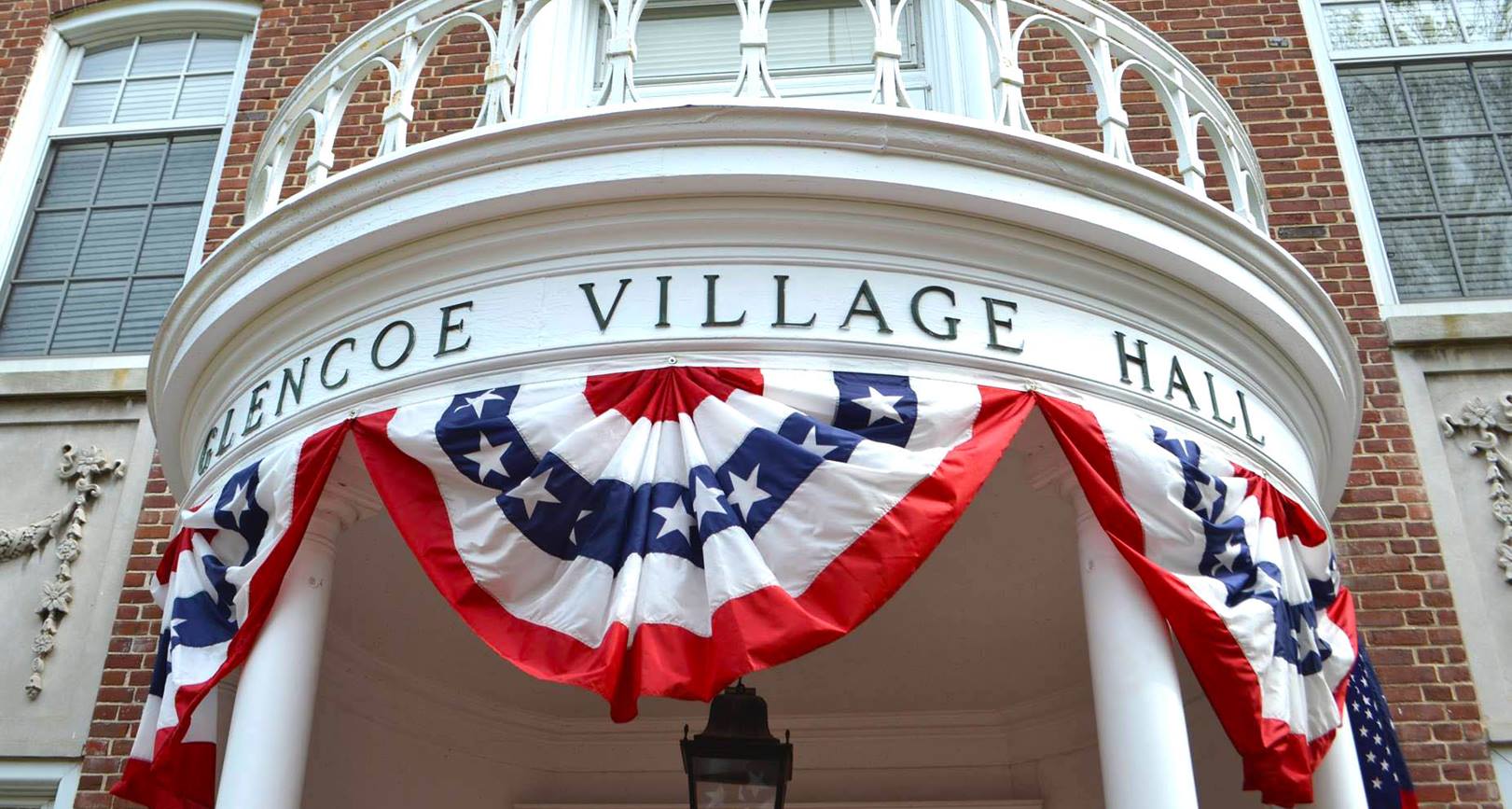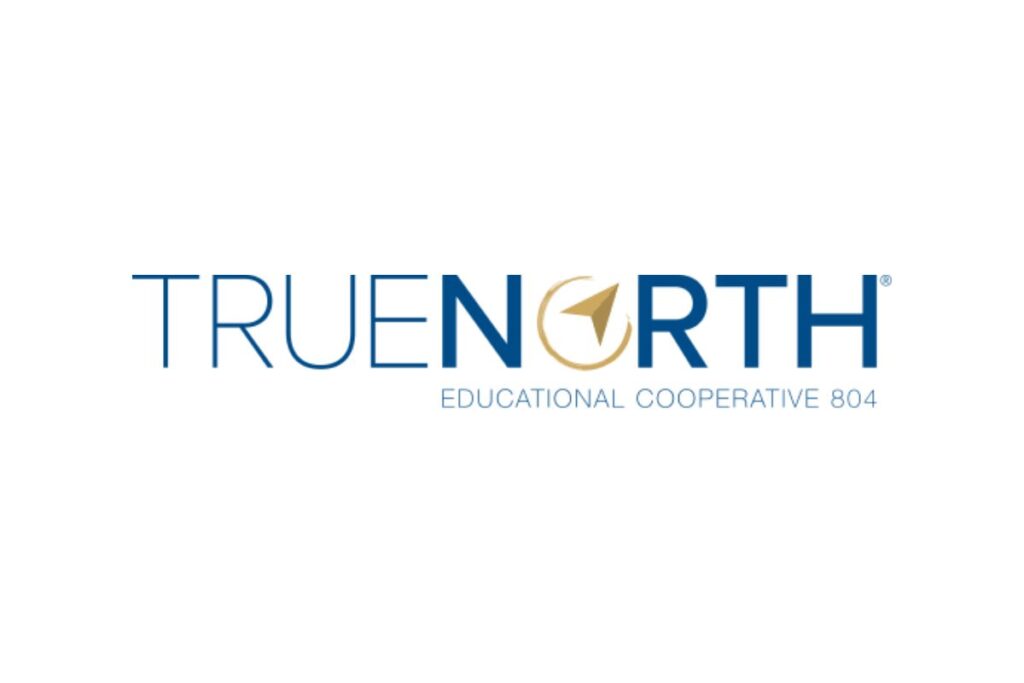
Grocery tax? Tree protections? Glencoe explores possibilities under new home-rule status
Now working as a home-rule unit, Village of Glencoe officials are reviewing what opportunities exist with the community’s new authority.
At the Glencoe Village Board’s Committee of the Whole meeting on Thursday, Feb. 20, Glencoe staff asked trustees in what manner they’d like to explore the home-rule capabilities, and the elected officials showed particular interest in revenue generation.
Until 2024, as a community under the population threshold for such authority, the Village of Glencoe was not a home-rule unit, meaning it needed to abide by all mandates from state and county government.
A November referendum saw 63 percent of Glencoe residents say that they wanted to become home-rule, and as of Jan. 1, the Village assumed its new authority.
At Thursday’s meeting, Village Manager Phil Kiraly and Deputy Village Manager Nikki Larson presented a number of ways in which Glencoe could exercise its new authority. They focused on four areas: revenue generation, governance initiatives, economic development initiatives, and the Community Investment Program, or CIP.
Much of the discussion centered on revenue generation, specifically the different types of taxes trustees could consider.
Larson said the taxes “reduce the Village’s reliance on property tax to lessen the tax burden to the community.”
New taxing ideas
One that she suggested trustees look at is a grocery tax, to replace the statewide grocery tax, set to be eliminated in January 2026. Larson said a grocery tax could generate $200,000 annually for the Village.
Village Attorney Steve Elrod said his law firm is currently preparing a grocery tax ordinance for all the communities it represents to consider. He said it should be completed by May or June.
Another revenue-generating tax she mentioned was an “amusement tax,” and specifically mentioned that this would impact the Writers’ Theatre.
“In terms of lessening the tax burden to our residents, the Writers’ Theatre sells about more than 25,000 tickets to non-residents annually,” Larson said.
Elrod said if Glencoe did approve an amusement tax, they could not exempt out residents.
Other revenue generators Larson mentioned were: demolition fee increases local motor fuel tax increases, and commercial garbage franchise fees.
Trustees were on board to gain further information on all the ideas, taking nothing off the table, and asked staff to look into what neighboring home-rule communities have done with their taxing authority.
“What I would love to see, if it isn’t too hard, is a nice little list that will give us an idea of how much income would be generated from each of those line items,” Trustee Gail Lissner said. “I think we could really prioritize where we see the opportunities.”
Kiraly said staff would survey neighboring communities, something he said Glencoe has never done before.
“Given that we never really had the opportunity to ask these questions, we haven’t actually surveyed our neighbors on most of this, because without home-rule authority, there was no benefit in asking the question,” he said.
Trustee Gary Ruben, who presided over the meeting in the absence of Village President Howard Roin, agreed with the survey idea.
“If there are other things that our neighbors are doing, it would be nice to find out about them,” he said. “Especially those that … wouldn’t just fall on our own residents but actually others coming into our community.”
Other possibilities
Besides taxes, Larson also discussed governance initiatives that the trustees may consider, such as exploring short-term rental and affordable-housing ordinances, and tree protection statutes, plus other regulations related to sustainability.
In terms of economic development, Kiraly said it’s “not an area the Village has really ever been involved in in the past. There have been some initiatives over time that have been talked about, very shortly implemented, and then rescinded, but the opportunities around economic development are broader with home-rule authority.”
He specifically mentioned past discussions around potential redevelopment of the Village’s public works garage site.
Larson and Kiraly also discussed capital improvement projects. Larson said that home-rule authority gives the Village more flexibility when it comes to financing and that they are no longer reliant on a referendum schedule.
“We may have the ability to do small bond issues on a regular basis,” Kiraly added.
Ruben said Glencoe’s new home-rule authority leaves officials with a number of possibilities for what they can do.
“We’ve gone from a world of, ‘Here’s a circle,’ and that limits what you can do, how you can do it, how are we going to pay for it,” Ruben said, “to ‘What do you want to do about it, how do you want it, how do you want to pay for it?’”
The Record is a nonprofit, nonpartisan community newsroom that relies on reader support to fuel its independent local journalism.
Become a member of The Record to fund responsible news coverage for your community.
Already a member? You can make a tax-deductible donation at any time.

Peter Kaspari
Peter Kaspari is a blogger and a freelance reporter. A 10-year veteran of journalism, he has written for newspapers in both Iowa and Illinois, including spending multiple years covering crime and courts. Most recently, he served as the editor for The Lake Forest Leader. Peter is also a longtime resident of Wilmette and New Trier High School alumnus.


